22 start with E start with E
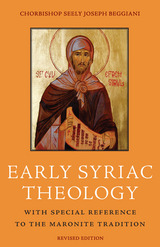
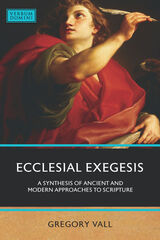
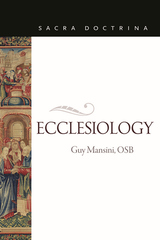
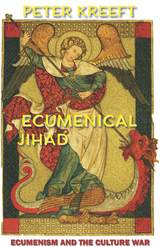
Aware of the deep theological differences of these monotheistic faiths, Kreeft calls for a moratorium on our polemics against one another so that we can form an alliance to fight together to save Western civilization.
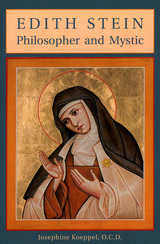
The twentieth anniversary of the beatification of Edith Stein (1891–1942), the accomplished Jewish philosopher who made a spiritual journey from atheism to agnosticism before eventually converting to Catholicism, will be celebrated in 2007. In Edith Stein: Philosopher and Mystic, Josephine Koeppel chronicles the life of this influential saint from her secular youth and entrance into a German monastery to her tragic death at Auschwitz. This accessible work will reward readers of all faiths interested in the life of a remarkable woman who changed the modern conception of sainthood.
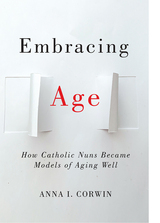
Instructor's Guide is available at no cost (https://d3tto5i5w9ogdd.cloudfront.net/wp-content/uploads/2021/08/26120146/corwin_instructor_guide_final.pdf).
Open access edition funded by the National Endowment for the Humanities.
The text of this book is licensed under a Creative Commons Attribution NonCommercial-NoDerivatives 4.0 International License: https://creativecommons.org/licenses/by-nc-nd/4.0/
Download open access ebook here.
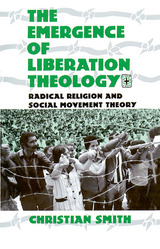

Catholic colleges and universities have achieved a prestigious place in American higher education, but at the risk of losing their religious identity. This book confronts challenges facing all members of the college community, from presidents and trustees through the faculty and deans to student-life professionals, in making a renewed commitment to that mission.
Developing the vision of Catholic higher education expressed in the Vatican statement Ex Corde Ecclesiae, these essays provide a framework for enhancing Catholic identity across the campus and in the curriculum. The contributors address significant aspects of the culture of Catholic higher education in order to prescribe the best practices that can help colleges and universities maintain their distinctive religious character and ethical vision.

This first detailed study of the bishops of Florence tells the story of a dynamic Italian lordship during the most prosperous period of the Middle Ages. Drawing upon a rich base of primary sources, George Dameron demonstrates that the nature of the Florentine episcopal lordship results from the tension between seigneurial pressure and peasant resistance. Implicit throughout is the assumption that episcopal lordship relied upon both the bishop’s jurisdictional power and his spiritual or sacramental power.
The story of the Florentine bishops illuminates important moments in Italian history. The development of the Florentine elite, for example, is closely tied to the political and economic privileges they derived from their access to ecclesiastical property. A study of the bishopric’s vast holdings in the major river valleys surrounding Florence also provides valuable insight into the nature of the interrelation between city and countryside. Comparisons with lordships in other Italian cities contrast with and define the nature of medieval lordship.
This economic, social, and political history addresses issues of concern to a wide audience of historians: the emergence of the commune, the social development of the nobility, the nature of economic change before the Black Death, and the transition from feudalism to capitalism.
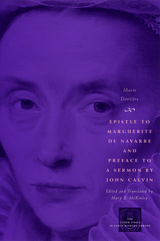
Dentière's Very Useful Epistle (1539) is the first explicit statement of reformed theology by a woman to appear in French. Addressed to Queen Marguerite of Navarre, sister of the French king Francis I, the Epistle asks the queen to help those persecuted for their religious beliefs. Dentière offers a stirring defense of women and asserts their right to teach the word of God in public. She defends John Calvin against his enemies and attacks the hierarchy of the Roman Catholic Church. Her Preface (1561) to one of Calvin's sermons criticizes immodesty and extravagance in clothing and warns the faithful to be vigilant. Undaunted in the face of suppression and ridicule, this outspoken woman persisted as an active voice in the Reformation.
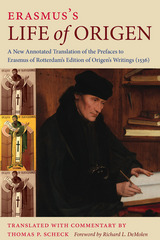
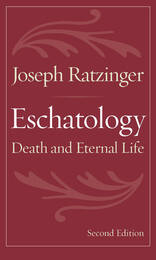
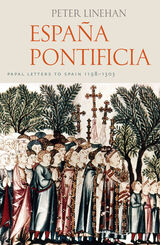
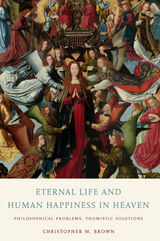

The republication of We Hold These Truths is but one indication of the continuing importance of the thought of John Courtney Murray for the Catholic Church in the United States. More than any other American theologian in this century, Fr. Murray developed a new understanding of the healthy relationship between religion and politics, church and state, in a democratic context.
Until now, however, the evolution of Murray's own thought in these matters has not been fully understood. Beginning with Murray's first forays into the public arena in the 1940s, Leon Hooper carefully plots Murray's movement away from the classical concepts of conscience and rights toward a more historical understanding of moral agency and of the church's necessary engagement with a pluralistic world.
Along the way, Fr. Hooper reveals in detail for the first time the importance of Bernard Lonergan's thought in moving Murray toward and then beyond his vital contribution to Vatican II's Declaration on Religious Liberty.

In the wake of the successful cloning of animals and the promises—or fears—of stem cell research, new discoveries in science and medicine need more than ever to be accompanied by careful moral reflection. Contending that concern over the ethical dimensions of these and other like issues are no longer just in the domain of those involved in medical practice, the third edition of Ethics of Health Care claims these are vital topics that should matter deeply to all citizens.
While stressing the Catholic tradition in health care ethics, Ethics of Health Care is ecumenical, incorporating a broader Christian tradition as well as humanistic approaches, and takes as common ground for mutual understanding the Universal Declaration of Human Rights of the United Nations. This new third edition is a response to the many developments in theology and the startlingly rapid changes in the arenas of medicine and health care over the past decade, from the dominance of managed care to increased surgery on an "outpatient" basis; from hospice care for the dying to the increasing use of drugs in the treatment of mental illness.
Revised and thoroughly up-to-date, this third edition continues with its valuable teaching aids, including case studies, study questions, chapter summaries, a bibliography, and complete index.
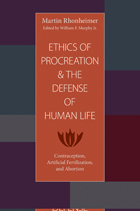

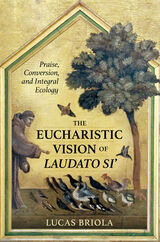
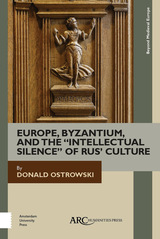
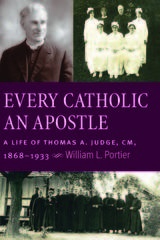
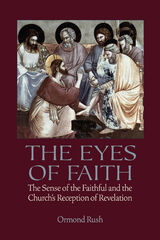
READERS
Browse our collection.
PUBLISHERS
See BiblioVault's publisher services.
STUDENT SERVICES
Files for college accessibility offices.
UChicago Accessibility Resources
home | accessibility | search | about | contact us
BiblioVault ® 2001 - 2024
The University of Chicago Press









